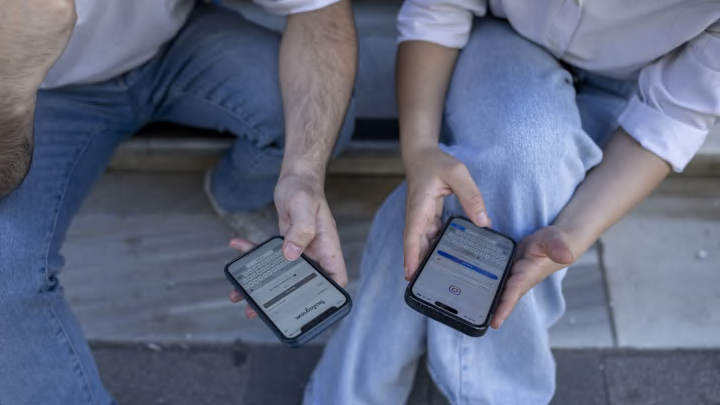You may have noticed that in online spaces over recent years, so-called "hate comments" have increased exponentially. And not just in response to your specific post or posts from people you follow, either. But everywhere, on all social media platforms.
Take X (Formerly Twitter), for example. When you log on to the app, almost instantly you are bound to see someone giving a "hot take," complaining about something, or starting a thread about why something is bad or worth hating on.
It's not because people are more opinionated now than they were before, or that people have become bolder in their choice of opinions shared on social media. The likely truth is simple: The algorithm likes it when people get mad. Because when people get mad, posts get more engagement, and the tech companies behind these social platforms make more money.
Granted, many of the "hate comments" and posts you see online are fake. Data show that about half of the internet is run by bots. Chances are a good portion of negativity you see online, in response to your content or otherwise, isn't real.
But some of it is, at least in the sense that there are real comments from real people stating something they don't like about you, your content, your product, or whatever it might be. Unfortunately, not every one of these comments is genuine. Or maybe in your case that's a good thing.
In online fandom spaces in particular, we call negative content like this "the loud minority." Many people posting online will get a boost because their content and commentary is negative, or rather, it induces strong reactions in people that further result in massive upticks in engagement. But they don't represent how the majority of people feel about a particular subject. They're just louder because the algorithm favors their posts over more positive ones.
Seemingly the only defense against this is ignoring the hate. Not responding to negativity or giving in to "rage bait." It can feel impossible to ignore these things, especially when discussions begin to descend into more dangerous territory like racism or bigotry.
But responding to these posts, engaging with them, is only making the problem worse. They may be louder, but their messages can't gain traction if people stop engaging with them.
